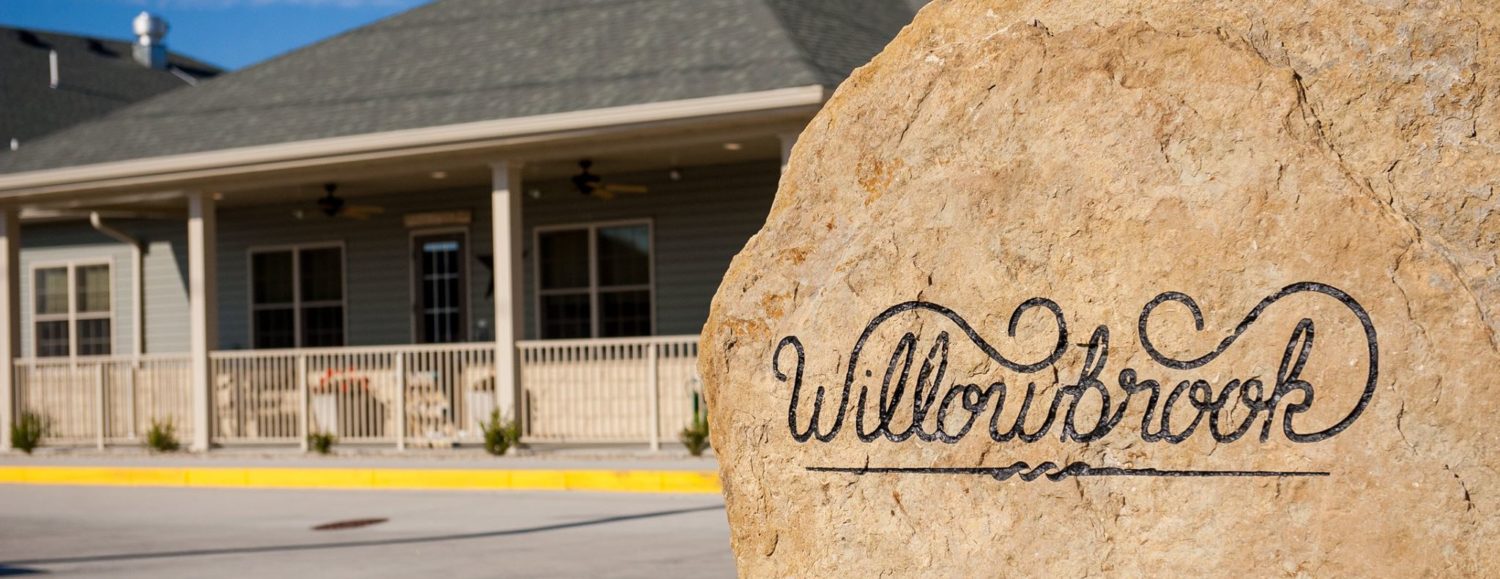By: Jennifer Kibler, M.A.P.A. and Jackie Witges, R.N., B.S.N., C.M.C., C.D.P.
Chances are you are the leader of your church where someone in your congregation has been diagnosed with one of the many forms of dementia. Chances are family members or caregivers have come to you with their concerns for their loved one, concerns about their own health, or concerns about their feelings of inadequacy or guilt related to caring for a loved one with dementia. It is estimated that by the year 2050, 14 million Americans will be diagnosed with Alzheimer’s disease, the most frequently diagnosed form of dementia. With the number of individuals with dementia on the exponential rise, your congregation will need tools to help navigate the maze of dementia so you can continue to provide spiritual care to those who will be in the greatest of need with this disease.

What should you do if a church member comes to you with concerns about their loved one and dementia?
- Give hope and reassurance to both the individual and caregiver. Many who have reached out to their pastors do so because they feel hopeless and want to be reminded of the higher power.
- Have patience and listen. Sometimes the loved one just wants someone to listen to them about their concerns about taking care of their loved ones.
- Be prepared to talk them through any guilt they might be holding on to. Guilt is one of the hardest struggles caregivers have when caring for a loved one. Be prepared to help them recognize their guilt and find ways to overcome it.
- Help them contact someone to guide or assist them. This can be either through home care, community support groups, or just someone who has been in their situation. This can help them feel they are not alone in the struggle.

Ideas to make your church “dementia friendly”.
-
- Assess your physical settings of your church property. Look for areas that might be fall hazards or affect someone’s sensory perception through lighting or special effects.
- Simplify activities and break up activities into simple, step-by-step tasks. Remind church leaders to allow time for processing of steps as minds with dementia slow down considerably.
- Support the individual’s reality. The saying is, “Live in their reality, not yours”. Telling someone with dementia that their loved one has passed away causes an undue burden who may have to relive their sadness over and over again.
- Encourage church leaders and the congregation to accept the gifts someone with dementia has to offer, not their limitations.
- Anticipate challenges. They will happen, but if you are prepared, you can handle them.
- Train church leaders to understand dementia concerns and common behaviors. The more education your staff has, the better equipped they might be to handle the challenges that come with dementia.

Ideas for spiritual care for patients and caregivers in your congregation.
-
- Tape your services. If you can, tape your services so they can be shared with people at home or at a nursing facility.
- Visit on a scheduled basis.
- Offer to sit with church members. Caregivers who are in need of a break may not feel comfortable leaving their loved one alone. Offer to sit with the individual so the family member can take a break or take care of other pressing matters.
- Keep individuals and families on prayer lists.
- Offer home visits for families who are unable to attend services.
- Help combat caregiver social isolation. Sponsor caregiver support groups, utilize dementia social initiatives. Anything you can do to help the caregiver from feeling like they have no one who understands their plight.
With some of these tips, we hope that you can embrace dementia behaviors and help address the spiritual needs of everyone in your congregation.

